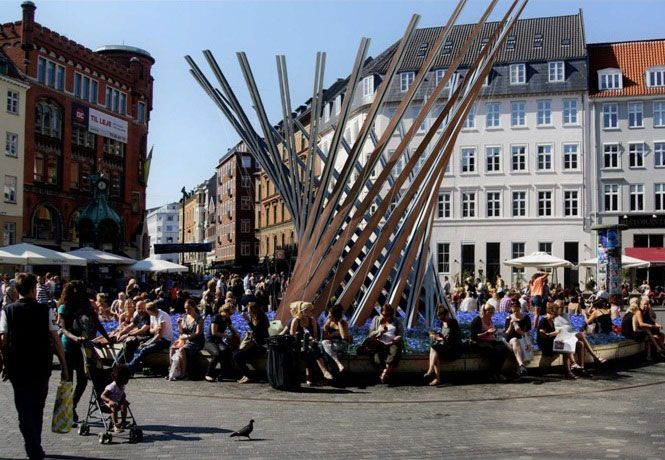This year, Armenia is marking the centenary of events that it claims were a genocide of 1.5 million Armenians carried out by the Ottoman Empire in 1915. But Denmark continues to refuse to recognise the term ‘Armenian genocide’.
The foreign minister, Martin Lidegaard, contended that the Danish government wasn’t trying to conceal the scope of the tragic events in 1915, but it hasn’t officially recognised the events as a genocide.
“Our viewpoint is that it should be left to the historians to answer the question of what actually happened and whether the events in 1915 can justifiably be considered a genocide,” Lidegaard told Kristeligt Dagblad.
Lidegaard explained that the history books shouldn’t be controlled politically or via legislation, but should be left to free research and public debate.
“A politicisation of history won’t promote a reconciliation and normalisation of the relationship between Armenia and Turkey,” Lidegaard said.
A number of countries already officially recognise the Armenian genocide, including Germany, Sweden, the Netherlands, the US and France.
READ MORE: Royal Library under fire for Armenian Genocide exhibition
Controversial sculpture
While Denmark’s stance will probably be met with nods of approval by the Turkish authorities in Denmark, a huge sculpture being erected in Copenhagen commemorating the centenary of the Armenian genocide certainly did not.
The nine-metre sculpture ‘The Dream’ – which will be erected on Kultorvet for ten days in May – has led to the Turkish Embassy writing to Politiken newspaper to complain that the sculpture is “morally untenable and legally unfounded”.
“We are disappointed that a sculpture that describes the events in 1915 as a ‘genocide’ will be erected on one of the largest squares in Copenhagen,” the embassy wrote.
Permission from Copenhagen Municipality to erect the sculpture was obtained by the US-based designers Invivia.
















